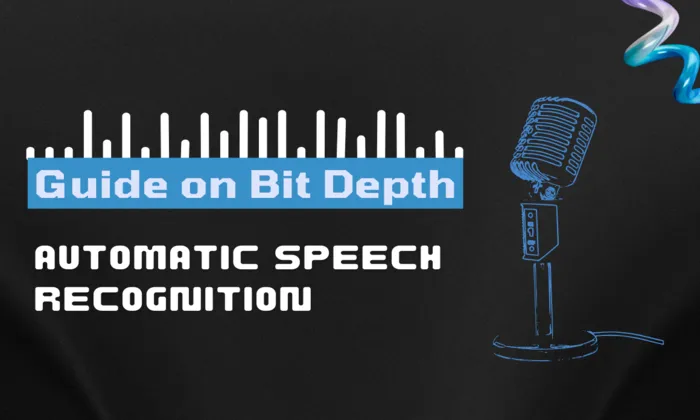What metadata is captured during doctor–patient data collection?
Data Collection
Healthcare
Medical Records
In the realm of healthcare AI, metadata captured during doctor-patient data collection is pivotal for advancing the performance and accuracy of AI applications. This metadata provides essential context, facilitating the development of robust models capable of interpreting and responding effectively to real-world clinical interactions.
Key Aspects of Metadata in Doctor-Patient Interactions
Understanding Metadata
Metadata refers to data that describes other data, serving as a framework to better understand and organize the captured conversations. In doctor-patient interactions, metadata includes attributes related to speakers, recording conditions, and conversation specifics. This information is crucial for developing AI applications in healthcare by ensuring that models are trained with a comprehensive understanding of the interactions.
Essential Metadata Types for AI Model Training
1.Speaker Information:
- Role: Identifies if the speaker is a doctor or a patient, helping models differentiate between medical advice and patient concerns.
- Demographics: Encompasses age, gender, and for doctors, medical qualifications. This diversity is vital for ensuring models generalize well across different populations.
2.Conversation Details:
- Language and Accent: Specifies the language and any regional accents, which are critical for training models to understand diverse linguistic nuances.
- Medical Specialty: Indicates the doctor's area of expertise, allowing models to learn and recognize discipline-specific jargon and dialogue styles.
3.Environmental Context:
- Recording Environment: Describes the setting, such as a telehealth platform or clinic, impacting audio quality and interaction style.
- Device Type: Indicates the recording technology, essential for understanding audio fidelity and speaker clarity.
4.Audio Attributes:
- Duration: The length of conversations, usually between 5 to 15 minutes, provides a framework for expected interaction lengths during training.
- Noise Level: Details background sounds, crucial for teaching models to differentiate between speech and ambient noise.
5.Transcription and Annotation Metadata:
- Timestamping: Time-stamps each utterance, allowing precise synchronization between audio and text.
- Annotation Tags: Includes sentiment, intent, and empathy tags, enriching the dataset to help models interpret emotional and conversational cues effectively.
Impact of Metadata on Healthcare AI Development
- Enhancing Model Performance: Comprehensive metadata is instrumental in boosting model performance. For instance, metadata such as speaker role and medical specialty ensures that models correctly interpret the context and intent of conversations, leading to more accurate clinical summaries and patient interactions.
- Facilitating Multilingual Capabilities: Metadata supports multilingual AI capabilities by training models to handle various languages and dialects. This is crucial in societies with diverse linguistic backgrounds, ensuring that healthcare AI systems can communicate effectively with patients from different regions.
Common Challenges in Metadata Utilization
While metadata is invaluable, some common challenges include:
- Inadequate Annotation: Without detailed annotations, models risk misinterpreting critical medical information, leading to inaccuracies.
- Neglecting Speaker Diversity: Overlooking a broad range of accents and demographics can result in biased models, limiting their effectiveness in real-world applications.
- Ethical Considerations: Ensuring compliance with privacy regulations is essential to avoid legal issues, emphasizing the need for ethical data handling practices.
Moving Forward with Metadata
AI-first companies in healthcare must prioritize understanding and leveraging metadata effectively. By focusing on comprehensive and high-quality metadata, teams can develop AI systems that are not only accurate and empathetic but also adhere to ethical standards. FutureBeeAI provides solutions that integrate these principles, offering a path to create more reliable and impactful healthcare AI applications.
FAQs
Q. What role does speaker diversity play in AI model training?
A. Speaker diversity is crucial for developing robust AI models. By including a wide range of ages, genders, and accents, models can be trained to process and understand speech from various demographics, enhancing real-world applicability.
Q. How can metadata improve the accuracy of conversational AI in healthcare?
A. Metadata enriches the context of conversations, allowing AI systems to interpret not only words but also emotional and situational nuances. This leads to more accurate understanding and responses, ultimately enhancing patient interactions and outcomes.
What Else Do People Ask?
Related AI Articles
Browse Matching Datasets
Acquiring high-quality AI datasets has never been easier!!!
Get in touch with our AI data expert now!








